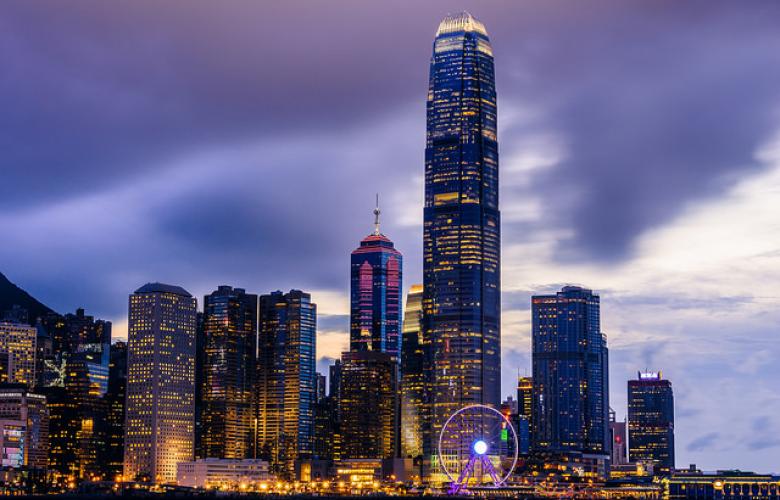Hong Kong Government doubles residential stamp duty in the world’s least affordable city
Contact
Hong Kong Government doubles residential stamp duty in the world’s least affordable city
Can new measures cool the overheated Hong Kong residential real estate market?
The Government of the Special Administrative Region of Hong Kong has taken further steps to address the severely overheated local residential property market, with a hike in stamp duty charges for the second time in less than three years.
The move increases the ad valorem stamp duty (AVD) from a scale of up to 8.5 per cent to a new flat rate of 15 per cent for all acquisitions of residential property by individuals or companies. Only permanent residents of Hong Kong buying their first home are exempt, with a lower rate applying.
The changes in detail
In July 2014, the Hong Kong Government introduced a new scale system for computing stamp duty rates, effectively doubling the previous rates on residential properties purchased by either individuals or corporations.
Following this change, the new higher rates (Scale 1) saw transactions on properties above HK$2 million (US$257, 980) levied at a minimum of 1.5 per cent up to 8.5 per cent for transactions above HK$21,739,130 (US$2,804,147).
The previous regime, now known as Scale 2, applied to transactions by Hong Kong permanent residents (HKPR) who do not own any other residential property in Hong Kong at the time of acquisition. Scale 2 ranges from HK$100 (US$12.90) for properties below HK$2 million to a maximum of 4.25%.
With the latest announcement, the ad valorem stamp duty moves to a flat rate of 15 per cent on residential properties only, in lieu of the existing Scale 1 rates, as of 5 November 2016. Scale 2 continues to apply to HKPR first home purchases.
Hong Kong market “severely unaffordable”
In a transcript of the press conference on the announcement Hong Kong’s Chief Executive, C Y Leung appeared to link the hike to first home-buyer pressure, saying “We have always had this policy of giving priority to people who need a home for owner-occupation purposes”.
Indeed, first home buyer pressure has reached extreme levels. The Hong Kong market topped Demographia's list of “severely unaffordable” residential property markets in their annual International Affordability Survey for 2016, and in fact was the least affordable market in the 12-year history of the survey. The next least affordable major market, Sydney Australia, was a distant second place.
What does this mean for foreign buyers?
The latest stamp duty changes, and indeed the previous changes in 2014, are not the only announcements to impact foreign buyers of Hong Kong real estate this decade. Since 27 October 2012, foreign investors have been docked a 15 per cent buyer’s stamp duty on top of the AVD. In 2010, a ‘special stamp duty’ was introduced (and updated in 2012) with an additional amount of between 10 and 20 per cent levied on residential properties acquired and resold within 3 years of purchase. This massive potential stamp duty levy of up to 50 per cent (on residential property sold within 6 months of purchase) is certain to be a consideration for foreign investors.
In its November 2016 survey of the Hong Kong residential market, the Royal Institution of Chartered Surveyors (RICS) found that while prices had risen over the previous three months, sentiment surrounding the housing market dropped sharply after the stamp duty hike.
Zac Tang, Senior Analyst with Colliers International, expects the new rate to take time to take effect, saying “We expect home prices to stay flat in the short-term as the majority of owners are not desperate to sell, but to trend down over the coming year as investors stay away”.
According to RICS, this would be in line with conditions following previous housing market cooling measures, where volumes and values fell sharply and weakness generally persisted for three-to-six months.
Sources: Demographia, Inland Revenue Department of the Government of the Hong Kong Special Administrative Region, Royal Institution of Chartered Surveyors, Colliers International, Jones Lang Lasalle Hong Kong Property Investment Guide
Similar to this
How to buy property in Hong Kong










